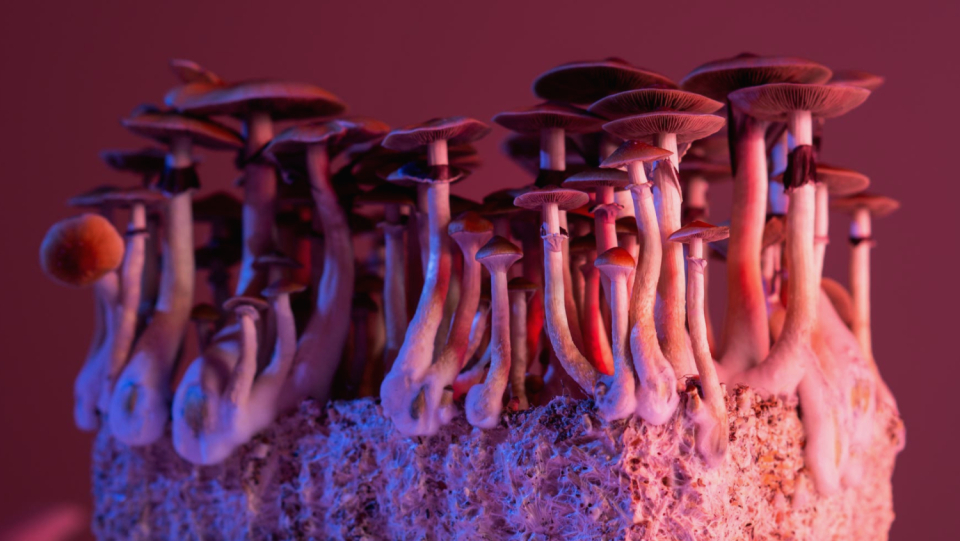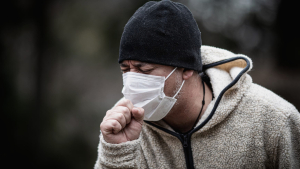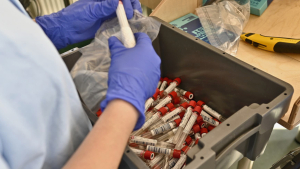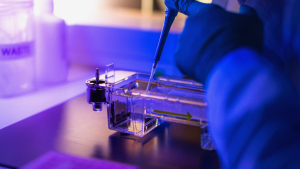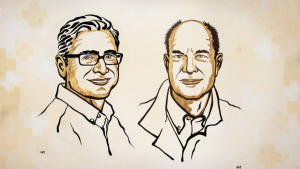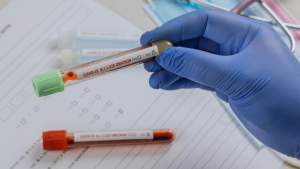Psilocybin, the hallucinogenic substance in "magic mushrooms", has been tested as therapy under medical control for some time: According to studies, the substance may be able to alleviate depression, obsessive -compulsive disorders, addiction disorders and other psychiatric diseases. However, the reason for this is not exactly understood. A new investigation now indicates that PSILocybin changes the connections between brain areas and reorganizing the function of the neural networks. For example, the drug could help people with depression where other methods have not yet beaten.
For the current study, which was published in the journal Nature Medicine, the researchers led by the British psychologist and neuroscientist Robin Carhart-Harris from the University of California in San Francisco examined 59 subjects to see whether the brain changes structurally when psilocybin is used for treatment. For evaluation, they compared brain scans of patients treated with the drug with images of those who had received the antidepressant escitalopram instead.
According to this, only in the brains of people treated with psilocybin did the functional connectivity of the neural networks increase – with the increase correlated with the relief of the symptoms of depression, the researchers write. No such brain changes were detected in the participants of the control group. Clinical studies have already shown that the active ingredient from the mushrooms reduces depression symptoms faster and more sustainably.
It was also suspected that the functional connectivity - i.e. the way in which the brain areas work together - was reduced significantly in the course of depression. Psychedelics like Psilocybin seem to counteract this by promoting more and other links between brain networks. Perhaps the patient allows new ways of movement and sensation and a fresh use of their situation, which can serve to heal.
"The increased functional connection could correspond to a described subjective increased flexibility and emotional relaxation," clinical pharmacologist Matthias Liechti, who was not involved in the study, told the Science Media Center. It is also noteworthy that "the acute subjective pleasant effect of psilocybin correlates very well with the therapeutic effect". However, it is still unclear exactly what role the observed brain changes play in the effect: According to studies, other substances that are not psychedelics can trigger very similar remodeling measures in the brain.
Neuropsychologist Katrin Preller from the University of Zurich adds that even larger Phase III studies urgently need to be carried out before psychedelics can be approved for the treatment of depression. Without medical or psychological control, "magic mushrooms" have been consumed for a long time – for example by indigenous ethnic groups in South America or by interested experts in self–experimentation - in order to induce states of intoxication. However, especially mentally unstable people should in no case experiment with the substance themselves.







